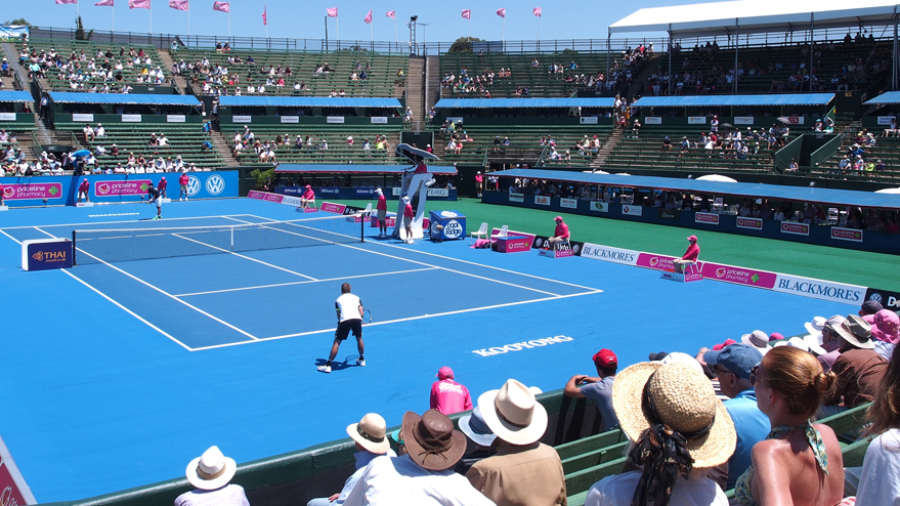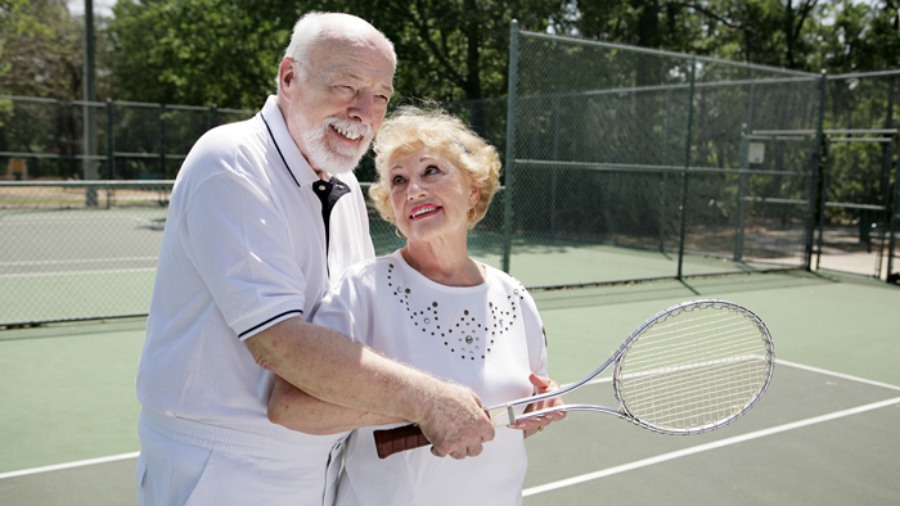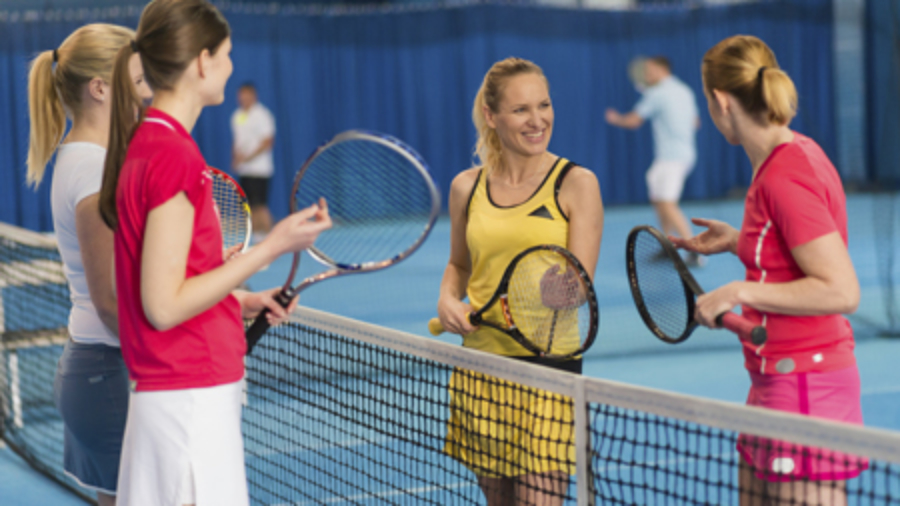From letter dated: 11/28/2016
Dear Denny:
It is a pleasure to invite you to serve as Committee Member on the USTA High School Committee for the 2017-18 term. Your experience and passion for tennis will play an important role in providing the resources needed to meet the challenges that lie ahead.
As a Committee Member, you will work with the High School Committee Chair, Mark Faber, committee members and USTA staff, guided by the committee charges and goals.
To confirm your appointment as Committee Member, you will receive an email link where you will “ACCEPT” your nomination. This link will also provide an opportunity to update your contact information that will be used for the USTA Directory.
We will be utilizing the online National Volunteer Orientation program which will provide a series of modules and resources that will help committee members throughout their term. Information on these and additional documents for your reference will be sent under separate email.
As a Committee Member, you are invited and expected to attend the USTA Annual Meeting and Conference (AMC) and Semiannual Meeting and Conference (SAMC). You will be included in all USTA functions at each of these meetings. Meeting details will be forwarded separately. Additional benefits for the US Open will be communicated in advance.
Please note that USTA policy requires all national volunteers to maintain a current USTA membership. You may renew your membership online at www.usta.com or by calling (800)990-USTA. In addition, your appointment is contingent upon satisfactorily completing the Conflict of Interest and Disclosure Policies document on an annual basis. The forms and deadline will be forwarded by the USTA Legal Department.
Welcome to the USTA national committee team! We feel fortunate to have you on board and look forward to working with you. Thank you in advance for the hard work and input you will be called upon to deliver as we work together to fulfill the USTA Mission – To Promote and Develop the Growth of Tennis.
Cordially,
Katrina M. Adams
USTA Chairman, CEO and President








